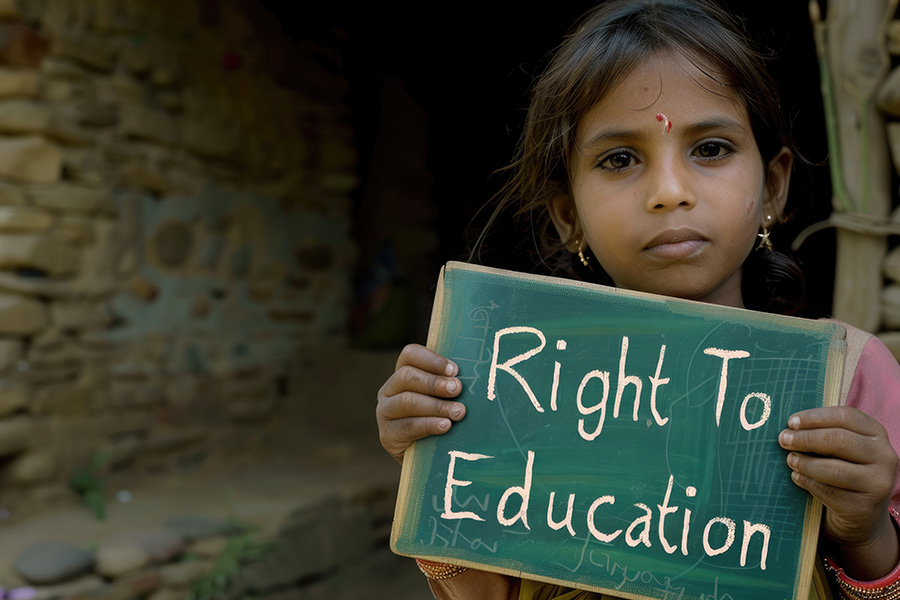
Enforcing socio-economic rights as judicially enforceable rights poses significant jurisprudential challenges.
Authors
Sushant Chandra, O.P. Jindal Global University & Allahabad High Court, Allahabad, India
Shireen Moti, Associate Professor, Jindal Global Law School, O.P. Jindal Global University, Sonipat, Haryana, India
Summary
The Indian Constitution, as a grand document, promised rights and interests. The members of the Constituent Assembly were divided on situating socio-economic rights such as education and healthcare as judicially enforceable rights due to budgetary constraints. Therefore, the Indian Constitution, entrenched these interests as part of Directive Principles of State Policy – the guiding principle but judicially non-enforceable. In the aftermath of Second World War, and declaration of International Covenant on Economic, Social, and Cultural Rights (1966), many jurisdictions experimented by making Socio-Economic interests as judicial enforceable rights within the framework of their Constitutions. South Africa, and Colombia, stand tall in that order of nations. Notwithstanding their declaration as judicially enforceable, most of these nations including South Africa and Colombia have struggled in developing a coherent jurisprudence on the enforcement of these rights and penumbral claims emanating from them. In this paper, we traverse the jurisprudential journey of Socio-Economic Rights in South Africa, and Colombia, and juxtapose them with the Indian experience, to sum up the jurisprudential underpinnings constituting the rationale behind the enforcement of these claims or otherwise.
Published in: Liverpool Law Review
To read the full article, please click here.

